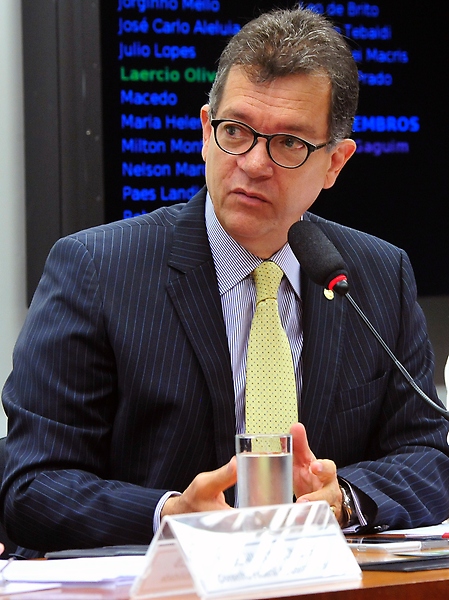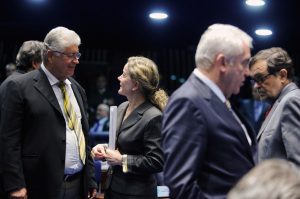
The Commission for Economic Development, Industry and Commerce approved a Senate proposal (PLP 45/15) fixing the rate of 3,95% ICMS of products subject to tax substitution acquired by companies included in the Simple national. The complementary bill amends the General Law on Micro and Small Enterprises (Complementary Law 123/06).
The text received a favorable opinion from Deputy Laercio Oliveira (SD-SE). Currently, micro and small companies subject to the tax substitution regime pay the same rate as the productive chain in which they operate.
For Oliveira, this penalizes these companies, which do not have the same cash volume as the large companies in the chain. The project, according to the rapporteur, meets the constitutional principle of differentiated and favored treatment for micro and small businesses. The text also prevents the tax substitution from canceling the benefits of the Lei do Simples.
Refund
The Senate proposal also changes the Kandir Law (Complementary Law 87/96) to include a new ICMS refund hypothesis in cases of tax substitution, to benefit micro and small companies.
Today, the law guarantees these taxpayers the right to a refund of value when the presumed chargeable event (the sale) does not take place. The project also provides for compensation when the sale is made on a calculation basis lower than that estimated by the State Finance Department. In other words, if the micro company pays a higher tax than that estimated by the secretariat, it will be entitled to the difference.
For deputy Laercio Oliveira, the wording of PLP 45 “gives greater security to micro and small companies, in addition to reducing the tax impact”.
Fuel sector
Oliveira introduced an amendment to establish a compensation rule in the fuel and lubricants sector in interstate operations, where there is tax substitution. According to the approved text, the taxpayer may, at his discretion, receive reimbursement immediately or write the credit in his tax document if the request for compensation made to the Treasury Department is not resolved within 90 days.
The amendment also determines that, if the request for compensation is denied, the taxpayer will reverse the launched credits, duly updated, with the payment of the applicable legal additions.
Conduct
The project will now be analyzed in the Finance and Taxation commissions; and Constitution and Justice and Citizenship. If approved, it goes on to vote by the Chamber Plenary.
Source: Agência Câmara (29/01)





